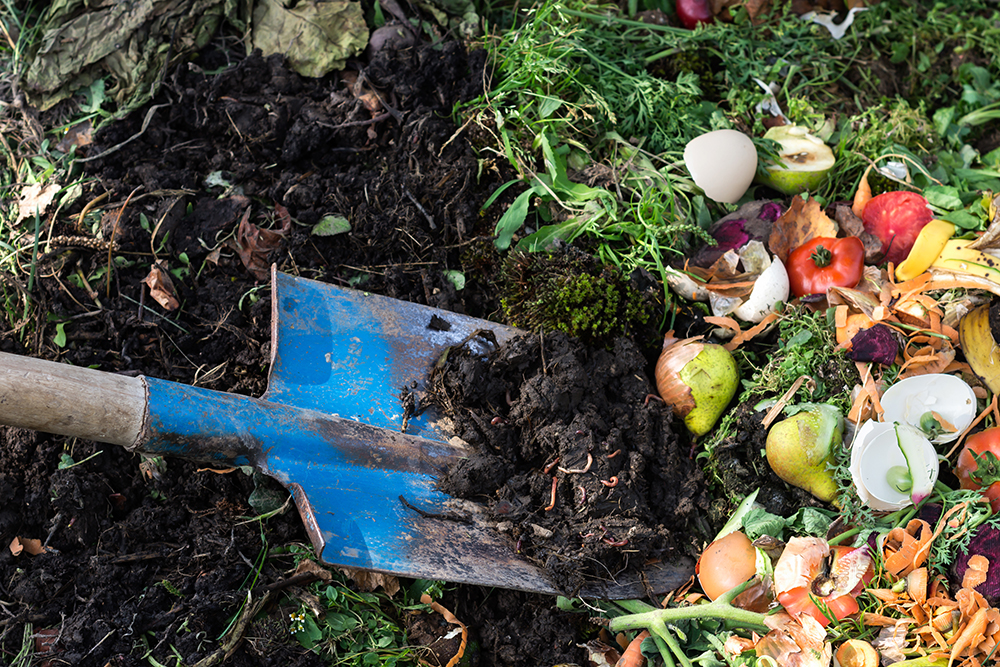The Benefits of Composting
Composting is a sustainable practice that offers numerous benefits to both individuals and the environment. It's a simple yet impactful way to reduce waste, enrich soil, and contribute to a healthier planet. Whether you're an avid gardener or simply looking for ways to reduce your environmental footprint, composting is a simple yet powerful step you can take to contribute to a healthier planet. In this blog, we'll explore the many advantages of composting.

Reduced Waste:
Composting is an effective waste reduction strategy with far-reaching environmental implications. The disposal of organic waste in landfills is a significant contributor to methane emissions, a potent greenhouse gas. By diverting kitchen scraps, yard clippings, and other organic materials from landfills and instead channeling them into composting systems, we can mitigate the harmful effects of methane on our climate.
Methane, which is over 25 times more effective at trapping heat in the atmosphere than carbon dioxide, is released when organic matter decomposes in oxygen-deprived landfill conditions. Composting, on the other hand, allows organic materials to break down aerobically, significantly reducing the production of methane. This means that when we compost, we are not only reducing the volume of waste in landfills but also curbing one of the most potent contributors to climate change.
Erosion Control:
Compost serves as a powerful tool for soil conservation and erosion control. Whether you have a garden or are concerned about soil erosion in your community, compost can play a crucial role in safeguarding landscapes. When applied to sloping terrain or areas prone to erosion, compost forms a protective layer.
This layer helps to stabilize the soil, preventing it from washing away during heavy rainfall. The organic matter in compost binds to soil particles, creating a strong foundation that resists erosion forces. As a result, landscapes retain their integrity, and sedimentation in nearby water bodies is minimized. This not only keeps our environment cleaner but also ensures that vital nutrients and minerals remain in the soil, supporting plant growth. This is especially useful in rural areas that are plagued with floods and heavy rainfall which often causes high rates of erosion
Cost Savings:
Composting is not only eco-friendly but also budget-friendly. By composting at home, you can reduce the volume of waste that you send to the landfill, potentially saving on garbage disposal fees. Additionally, compost serves as a natural and nutrient-rich alternative to store-bought fertilizers and soil conditioners.
When you incorporate compost into your gardening routine, you'll notice improved soil quality and plant health. This means you'll spend less on synthetic fertilizers and soil amendments, ultimately saving money in the long run. The investment you make in composting equipment or systems can pay off in reduced waste management costs and a more vibrant garden.
In conclusion, composting is a sustainable practice that offers a wide range of benefits, from reducing waste and improving soil health to mitigating climate change and fostering a sense of community. Whether you're an avid gardener or simply looking for ways to reduce your environmental footprint, composting is a simple yet powerful step you can take to contribute to a healthier planet. So, start composting today and reap the rewards of this eco-friendly practice.
